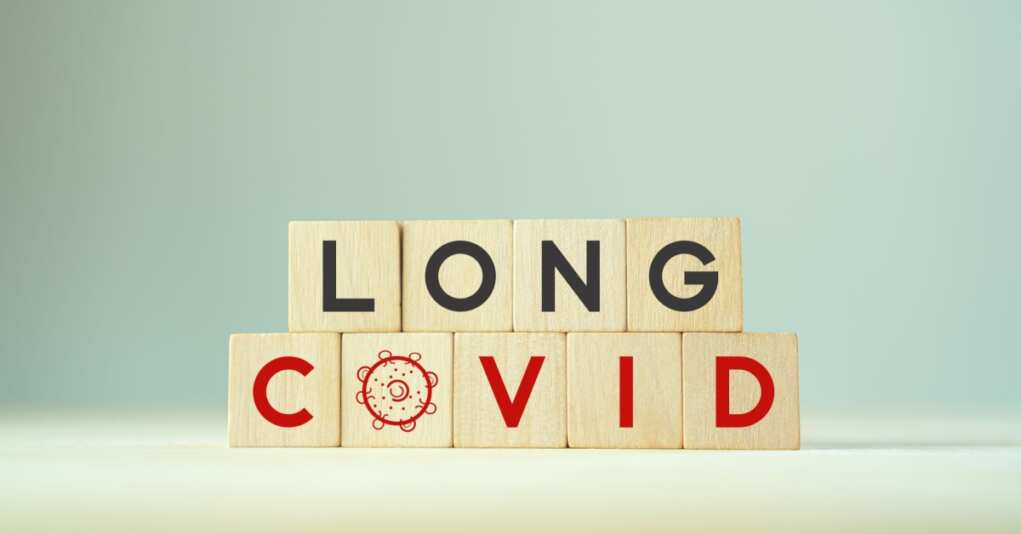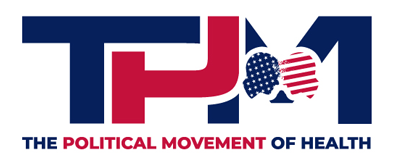Long COVID and the Billion-Dollar Question: Science, Hysteria, or Just Bad Economics?

Here we go again. Just when you thought the COVID narrative had finally run its course, a new study emerges with a fresh round of dire predictions. This time, the headlines warn us that “long COVID” could cost the economy billions of dollars every year. Billions! And while the media clutches its pearls, it’s worth asking a few basic questions: What exactly is long COVID, why does it supposedly have such an astronomical price tag, and how much of this is science versus sensationalism?
Let’s dive in. Because while no one’s denying that COVID has had serious health and economic impacts, there’s something deeply suspicious about how quickly “long COVID” has become the latest catch-all explanation for every problem under the sun.
What Is Long COVID, Anyway?
First, let’s establish what we’re talking about. Long COVID refers to a range of symptoms—fatigue, brain fog, shortness of breath—that persist for weeks or months after recovering from the virus. Sounds serious, right? And for some people, it is. But here’s where it gets murky: the symptoms are so broad and subjective that diagnosing long COVID can feel like playing darts blindfolded.
Take fatigue, for example. Millions of Americans are exhausted, but is that because of long COVID, or could it be something else? Maybe it’s the stress of inflation, soaring gas prices, or working two jobs to make ends meet. Could it be that our leaders’ policies—not just a lingering virus—are to blame for our collective burnout?
The Billion-Dollar Estimate: Real or Just Convenient?
Now let’s talk about the money. The study claims that long COVID could cost the economy billions each year due to lost productivity, increased healthcare expenses, and long-term disability. That’s a big number, but let’s break it down. Are these costs really unique to long COVID, or are they part of broader systemic issues?
For instance, American healthcare is already bloated, inefficient, and insanely expensive. Blaming long COVID for rising medical costs feels like blaming your overdrawn bank account on one trip to Starbucks. And as for lost productivity—well, could it be that other factors, like quiet quitting, work-from-home burnout, or a general lack of leadership in Washington, are playing a role? COVID might be an easy scapegoat, but it’s not the whole story.
Fear, Funding, and the COVID Industrial Complex
Here’s the real question: why is long COVID getting so much attention now? Could it have something to do with the fact that fear is a great motivator—and an even better fundraiser? Let’s not forget, entire industries have sprung up around the pandemic. From vaccine makers to think tanks, there’s a lot of money to be made by keeping people afraid.
And fear works. Long COVID has already been used to justify extending work-from-home policies, delaying the return to normalcy, and lobbying for even more government spending. How long until we see calls for a new round of stimulus checks, “just in case” the economy falters under the weight of long COVID’s supposed costs?
What About Personal Responsibility?
Here’s a radical idea: instead of catastrophizing, how about empowering people to take control of their health? Exercise, eat better, manage stress, and seek early treatment if symptoms persist. These aren’t groundbreaking solutions, but they’re far more effective than waiting for the government to swoop in with another bloated program to “fix” everything.
Of course, personal responsibility isn’t exactly a buzzword in Washington these days. It’s much easier to throw money at a problem—or create a new bureaucracy to “study” it—than to encourage people to make meaningful lifestyle changes. But if we’re serious about addressing long COVID (or any other health crisis), we need to shift the focus from fear to empowerment.
Final Thoughts: A Convenient Crisis?
Long COVID is real, but it’s also being weaponized as a convenient excuse for broader economic and policy failures. Yes, we should support those who are genuinely struggling with lingering symptoms. But let’s not allow fearmongering to dominate the conversation—or the budget.
The real danger isn’t just long COVID—it’s the way it’s being used to keep us stuck in a perpetual state of crisis. America deserves better than endless fear campaigns and multi-billion-dollar Band-Aids. It’s time to move forward, focus on real solutions, and stop using COVID as a crutch for every problem under the sun.

